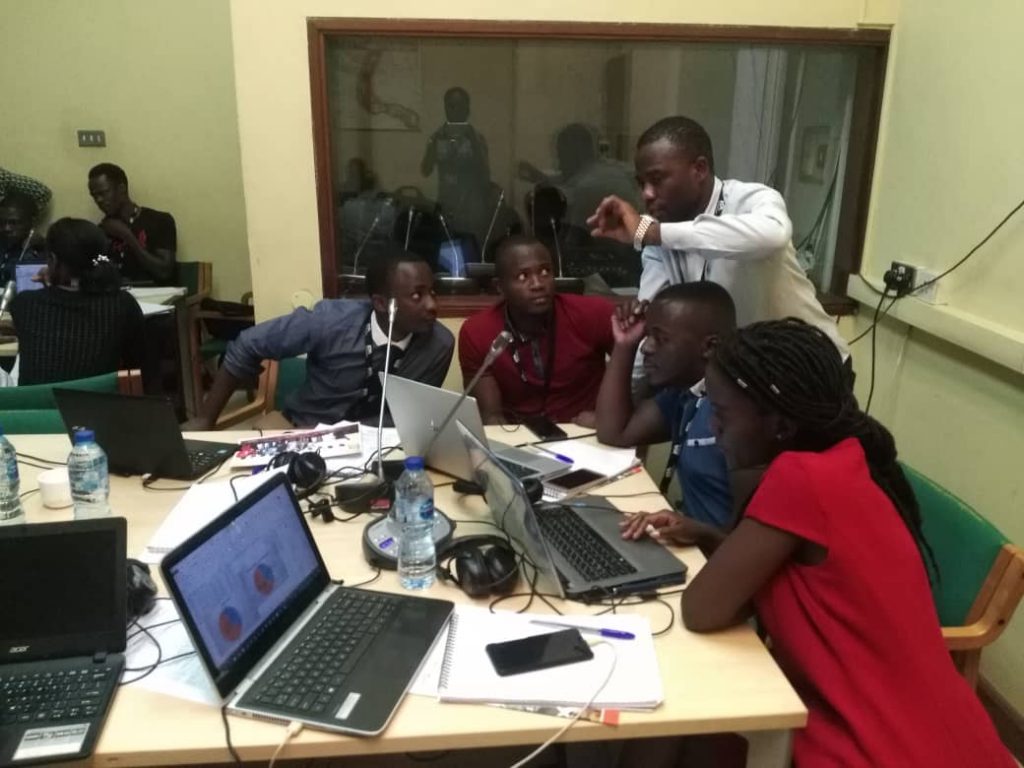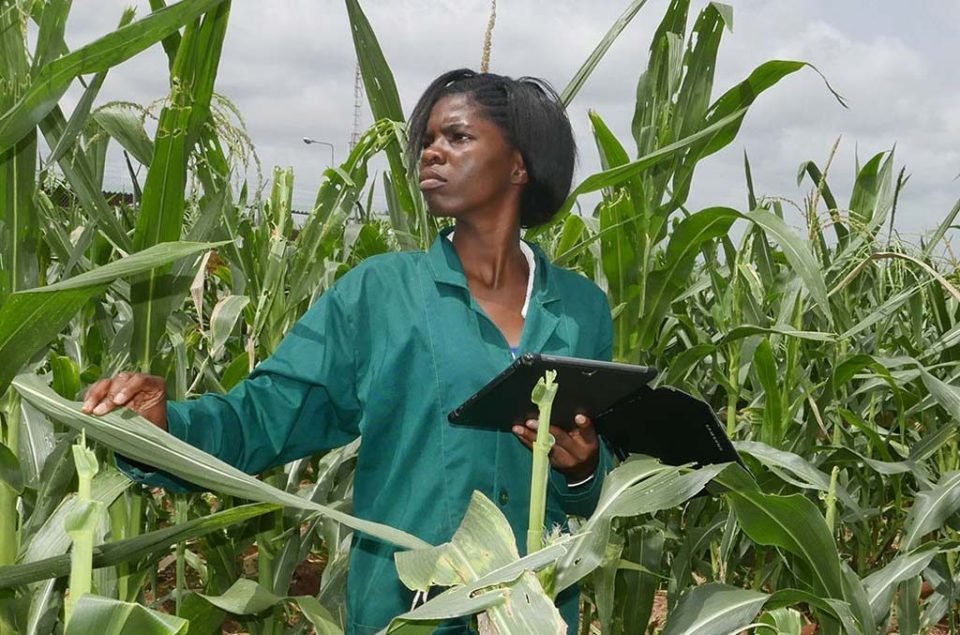A study has shown that the involvement of Africa’s youth in rural development and agriculture will not only boost food security on the continent but also strategically provide solutions to the prevailing problem of unemployment plaguing African societies. However, youth participation in these areas in most African countries is very low, this can be linked to so many factors which include drudgery, lack of infrastructure, low financial returns and lack of access to improved seed varieties. Until recent years, agriculture in Africa was seen as a sector meant for the aged and least educated.
While Information and Communications Technologies (ICTs) have been listed as a major factor that can influence the involvement of youth in agriculture, by driving participatory communication, a study carried out in Tanzania by Sylvester Jotta under the CARE project reveals that one of the problems facing young farmers in the country is the limited access to research-extension processes that can help with productivity.
According to Jotta, research-extension dissemination with the use of ICTs is key to the delivery of services in rural Tanzania as the study also showed that young farmers have limited interaction with important actors, such as agricultural training and research institutes, agricultural seed agencies and financial institutions.

Despite the high rates of economic growth in Tanzania in recent years according to the International Labour Organization (ILO), this has not had an encouraging effect on employment opportunities for the growing youth population. With a lot of the rural youth in Tanzania faced with turning to agriculture as a means of employment and livelihood, ICTs is providing help with crop productivity by expanding communication, cooperation, and ultimately innovation. According to Jotta, ICTs, especially mobile phones and computers, are driving participatory communication as organizations are using them to deliver services to larger numbers of rural people than they could reach before.
The study which focused on the adoption of ICTs in crop productivity by young farmers in rural Tanzania has recommended that to enhance crop productivity among young farmers in the country, facilitating interactions among key stakeholders such as farmers, researchers, extension agents, input suppliers, traders, processors, and policymakers should be a priority in government intervention programmes and policies.
This is part of research being carried out by young Africans across 8 countries under the International Fund for Agricultural Development (IFAD) sponsored CARE project being implemented by the International Institute of Tropical Agriculture (IITA). It is extending solutions to issues around youth engagement in rural economic activities. This project addresses the interrelated issues of implementing quality research and disseminating the results to stakeholders which include policymakers in Africa.
Furthermore results from the study according to Jotta showed that adopters of ICTs had higher crop yields compared to non-adopters, an indicator that promoting crop productivity among young farmers in Tanzania requires access to related information and knowledge which can adequately be disseminated with ICT facilities like phones and computers.


